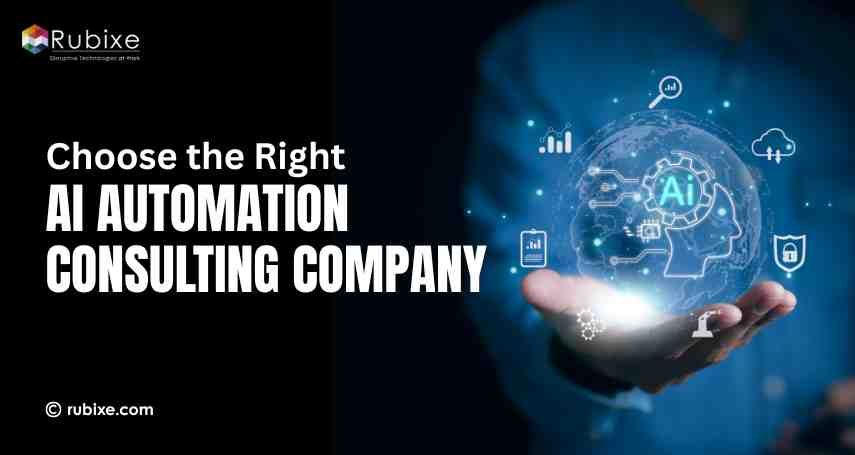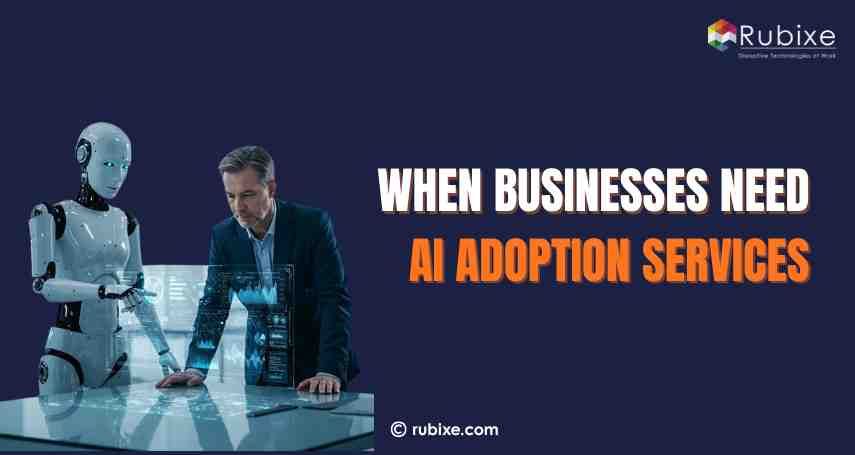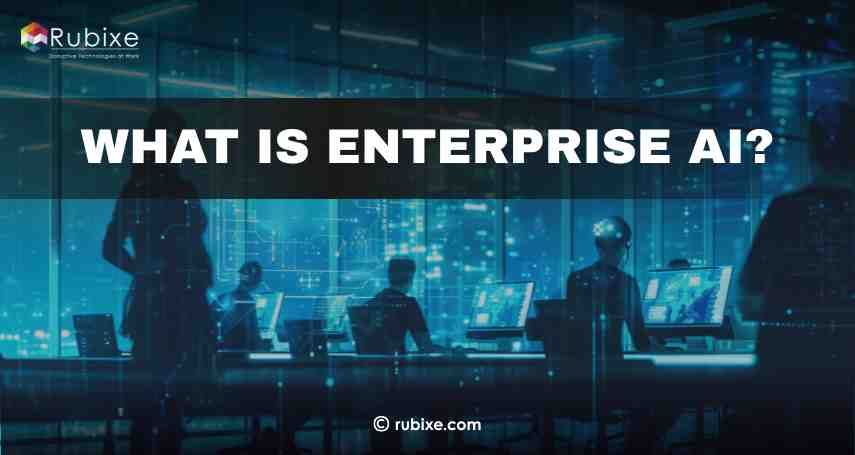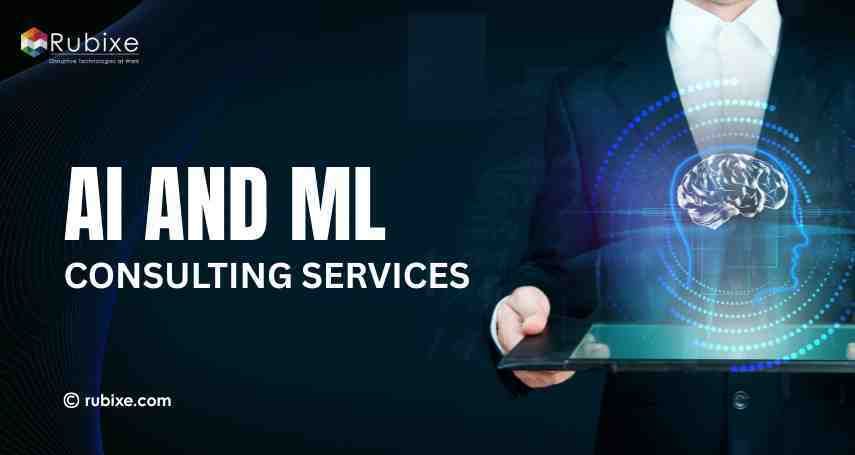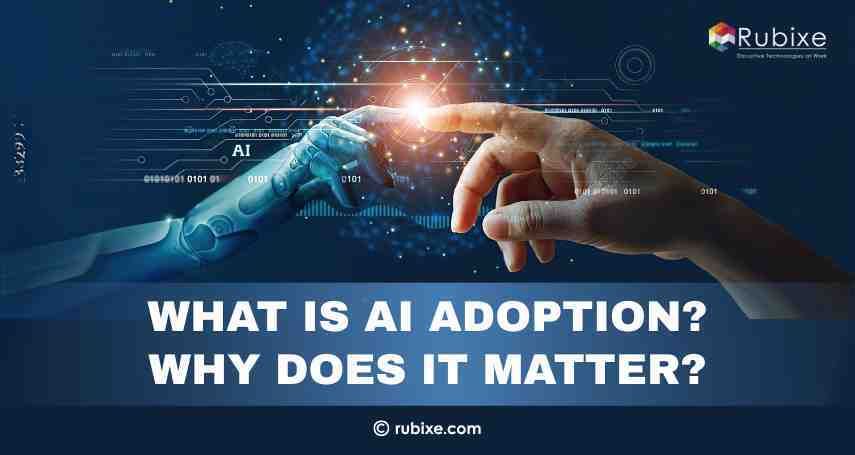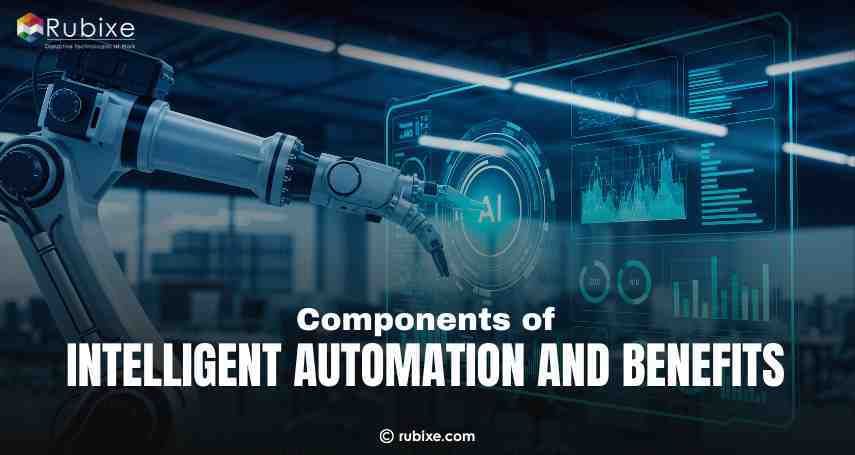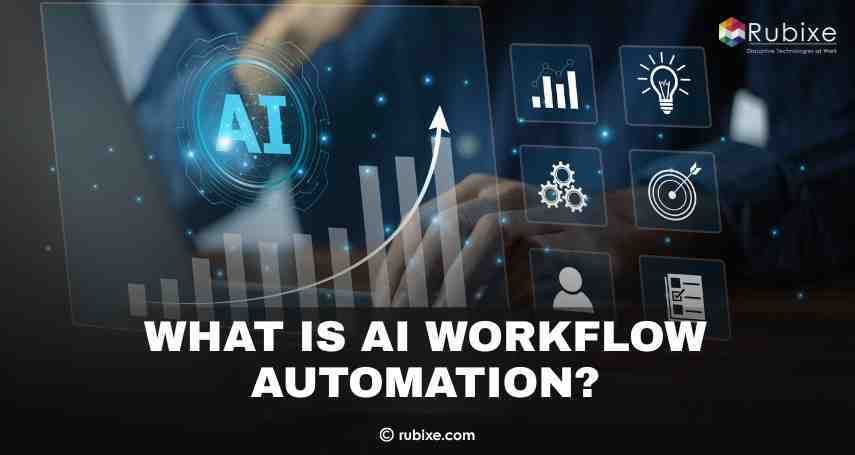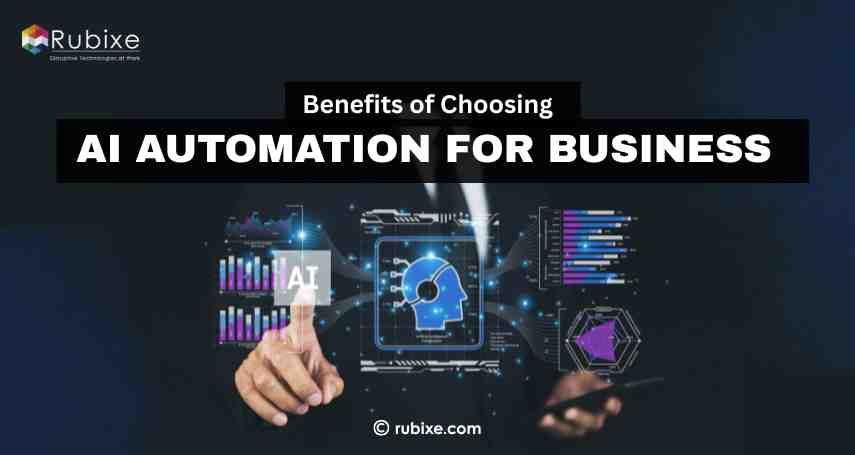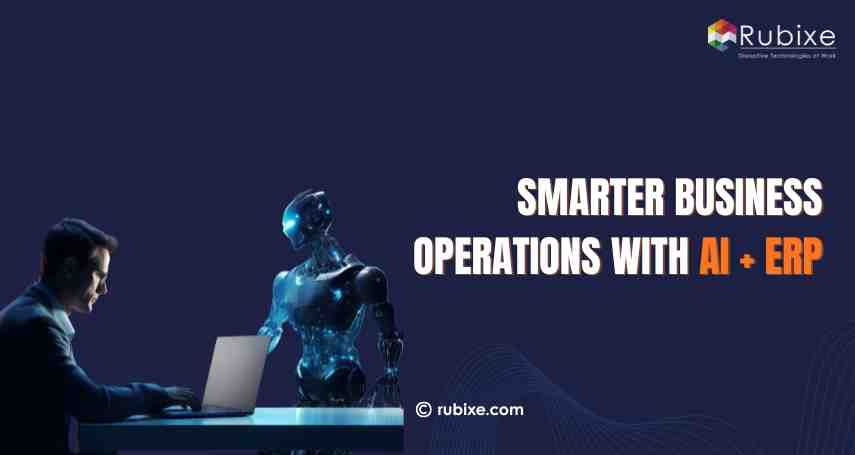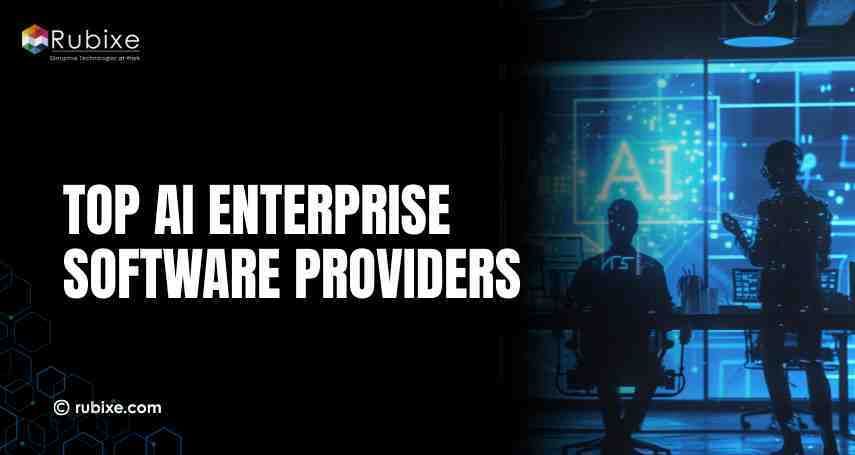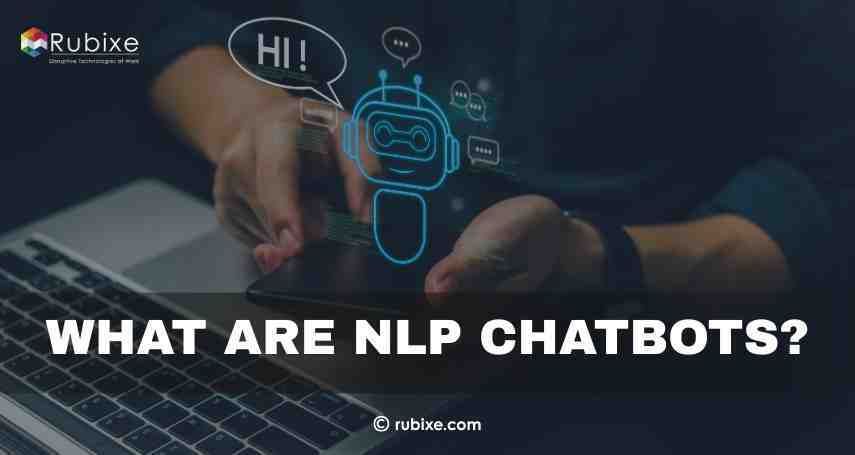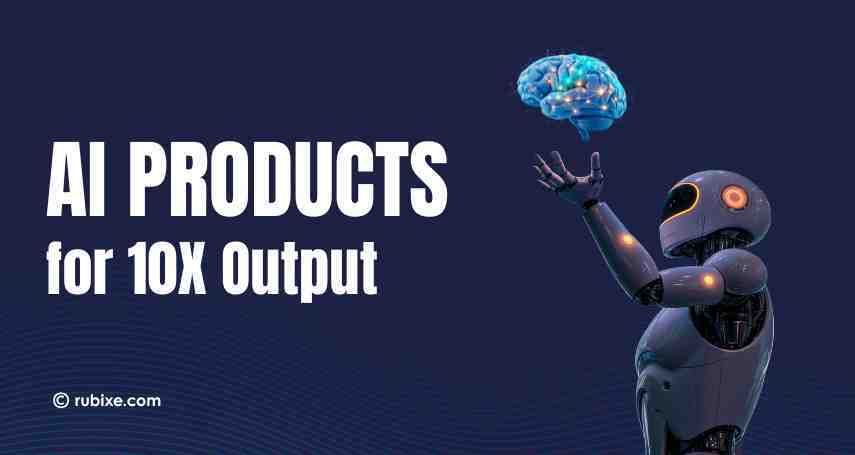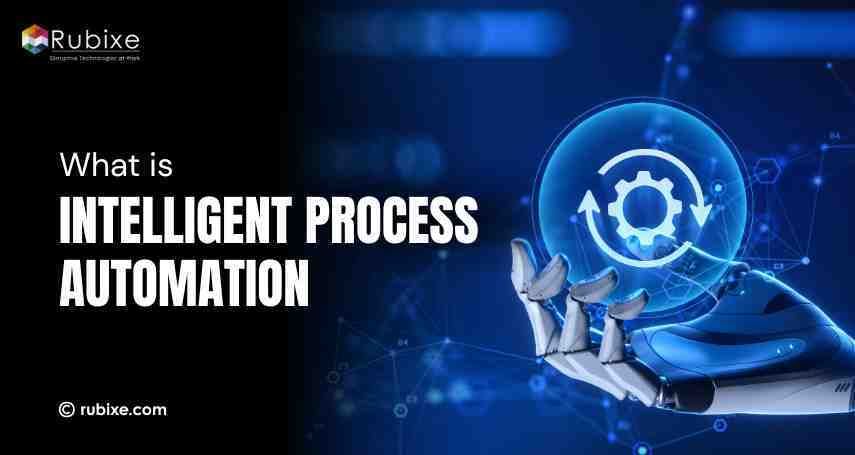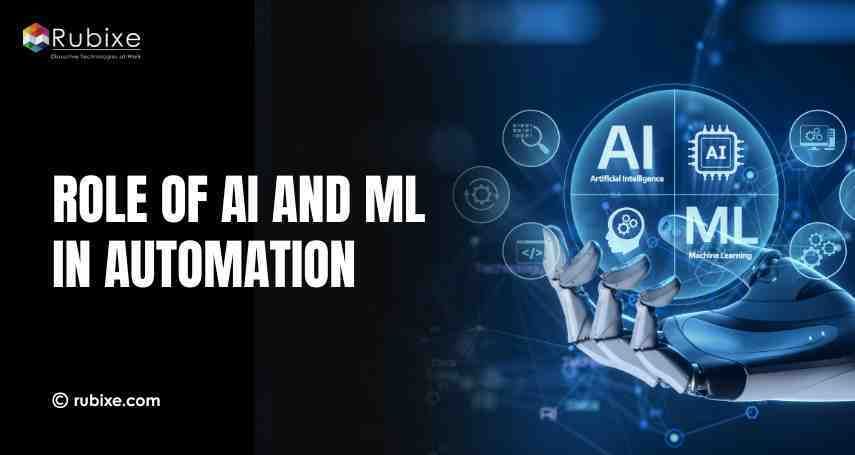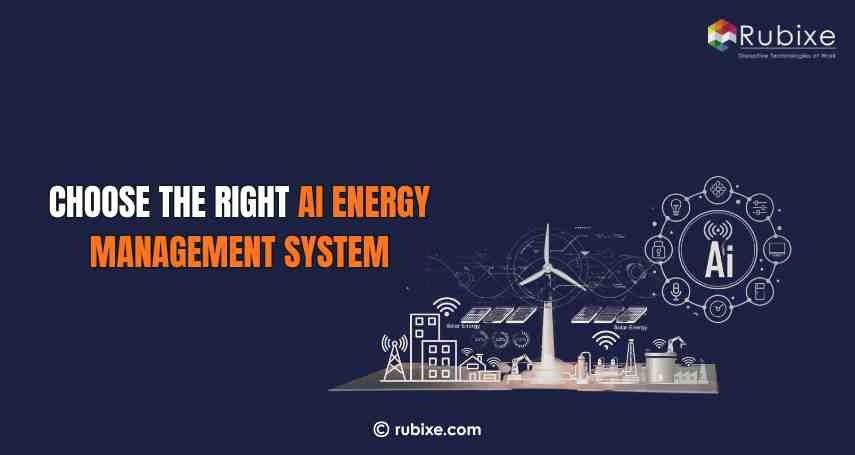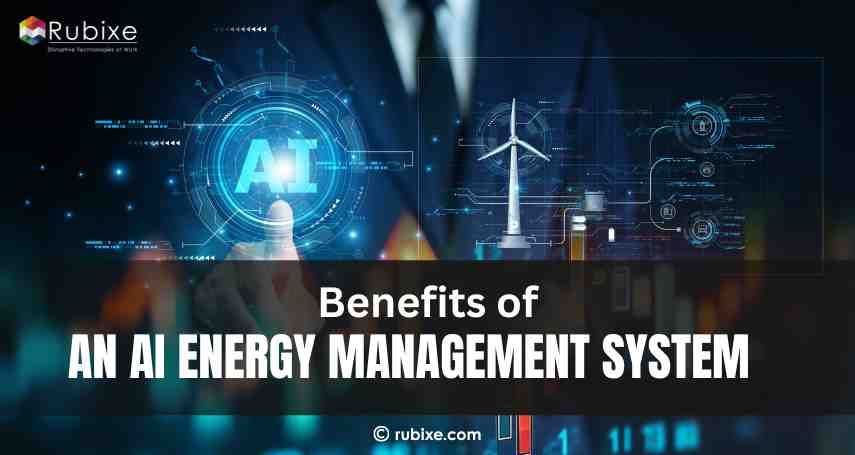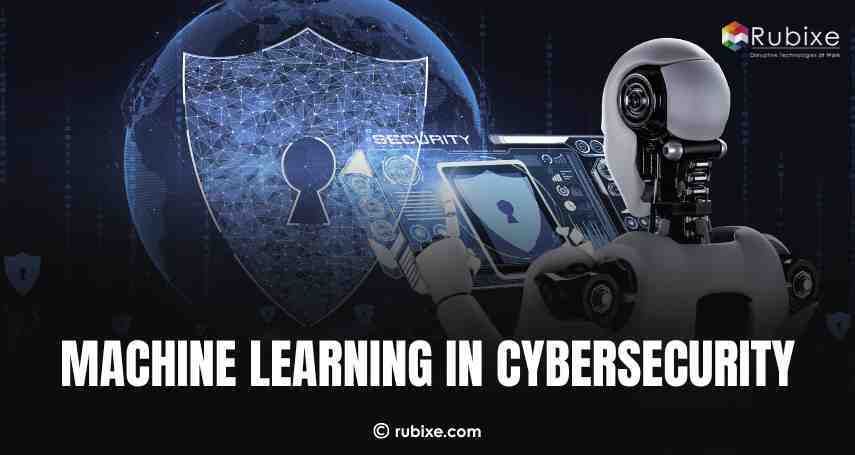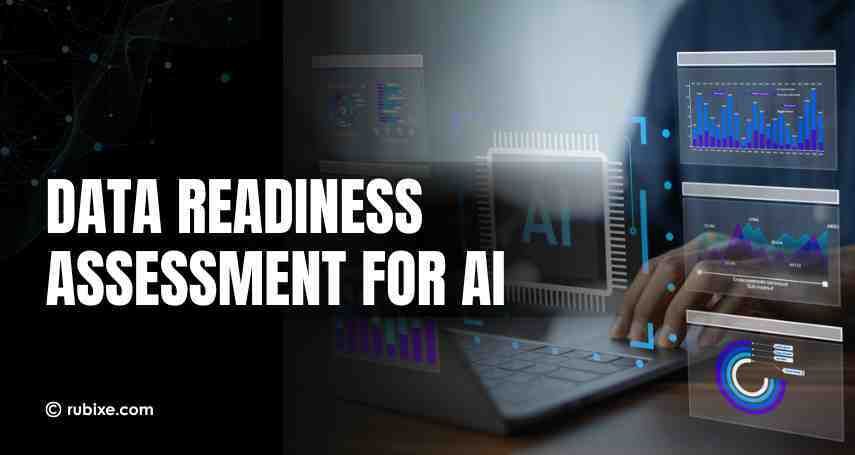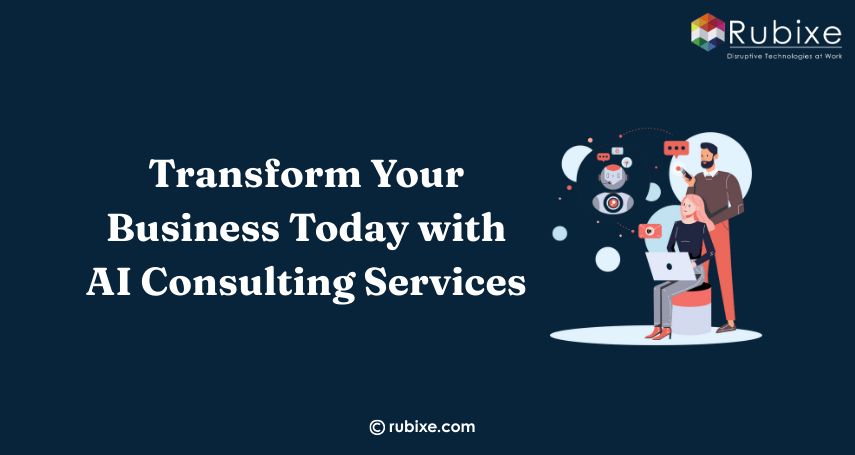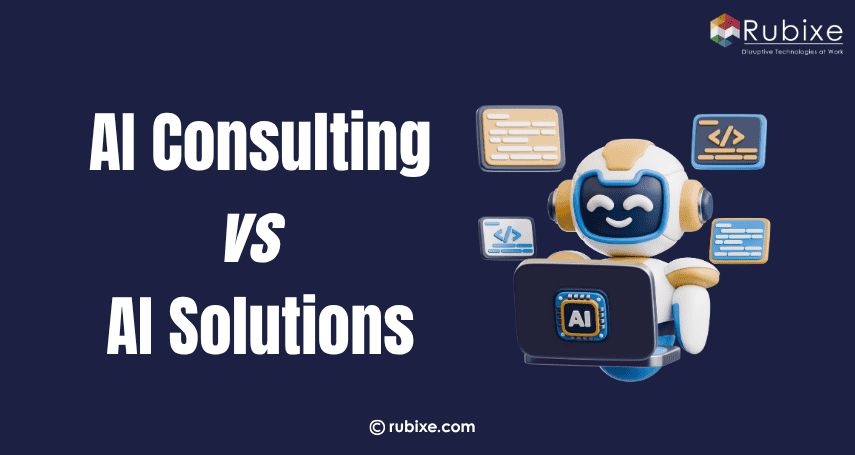AI Consulting vs In-House Teams: What Works Best
Compare AI consulting and in-house teams to decide what fits your business goals, resources, and timelines best. Find the most efficient path to AI success.
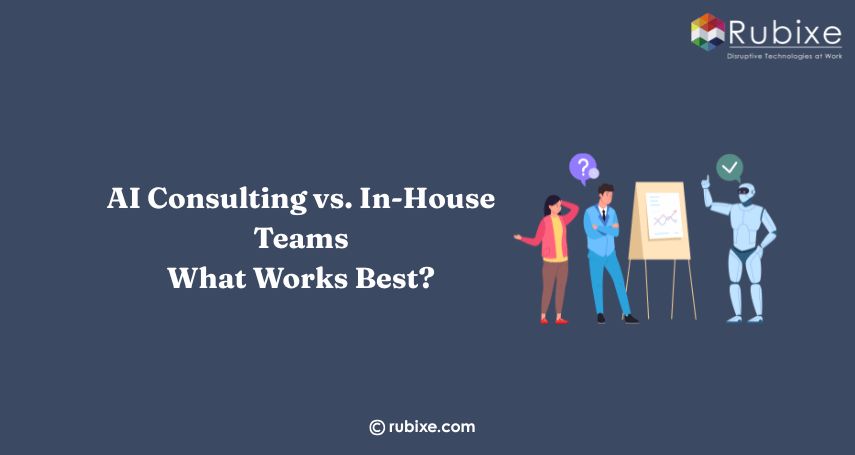
When I started working on AI projects for our organization, one major question came up—should we depend on AI consulting services or build our own internal team? Both options bring different advantages. AI consulting offers quick access to experienced professionals and proven tools, while in-house teams give more control over the process and day-to-day execution. This comparison can help businesses choose the right approach based on their needs, timeline, and available resources.
Understanding AI Consulting
AI consulting refers to hiring external experts or firms specializing in artificial intelligence strategy, implementation, and support. These professionals offer tailored guidance on integrating smart technologies like machine learning, automation, and predictive analytics into your business processes.
Key Services Typically Offered by AI Consultants
AI consultants provide strategic guidance and technical expertise to help organizations implement intelligent solutions efficiently. In the manufacturing sector, these services are particularly valuable for boosting productivity, quality, and innovation.
Common services include:
-
AI Strategy Development: Creating a roadmap aligned with business goals, industry trends, and data readiness.
-
Use Case Identification: Pinpointing high-impact areas such as predictive maintenance, quality control, or demand forecasting.
-
Data Assessment and Preparation: Evaluating existing data sources and preparing data pipelines for training AI models.
-
Custom Model Development: Building tailored machine learning or deep learning models for specific operational needs.
-
Technology Stack Selection: Recommending the best platforms, tools, and frameworks for long-term scalability.
-
Pilot Testing and Deployment: Running AI projects in controlled environments before full-scale rollouts.
-
Integration Support: Ensuring AI solutions work seamlessly with legacy systems, IoT devices, and ERP platforms.
-
Training and Change Management: Supporting teams with training and best practices for smooth adoption.
Advantages of AI Consulting
1. Instant Access to Expertise: Artificial Intelligence consulting firms bring deep domain knowledge and experience across industries. They’ve worked with multiple clients, giving them perspective and tested methodologies that help avoid costly trial and error.
2. Faster Deployment: Consultants follow proven frameworks and have access to pre-built components that accelerate development and integration. This reduces time to value for your AI initiatives.
3. Cost Efficiency: Building a full-time in-house team can be expensive and time-consuming. With Artificial Intelligence consulting, businesses can scale their investment based on project needs without long-term staffing commitments.
4. Objective Perspective: External consultants provide unbiased insights and recommendations. They’re not influenced by internal politics or legacy processes, enabling more effective innovation.
5. Focus on Core Business: With consultants managing the AI workload, your internal teams can focus on core business functions without getting bogged down in technical implementation.
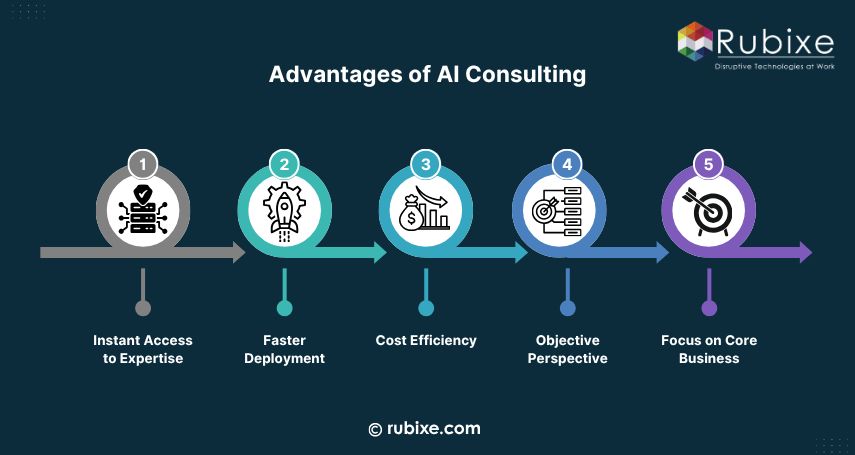
In-House Teams: Strength in Customization and Control
For organizations with ongoing, large-scale AI needs or proprietary data assets, building an in-house AI team offers strategic benefits.
Pros of In-House AI Teams:
1. Full Control: You maintain ownership of every part of the AI development lifecycle, including data governance, model performance, and compliance.
2. Deep Customization: Internal teams can work closely with other departments to create highly customized solutions tailored to specific workflows and needs.
3. Long-Term Strategy: If AI is central to your business model, investing in a permanent team makes sense for long-term innovation and intellectual property growth.
4. Cultural Alignment: Employees embedded in your organization better understand company values and customer expectations, which can improve the relevance and usability of AI solutions.
Challenges of Each Approach
Limitations of AI Consulting:
-
Can be more expensive for long-term engagements
-
May require internal alignment and onboarding to deliver results
-
Knowledge transfer may be limited unless explicitly planned
Limitations of In-House Teams:
-
Difficult and costly to recruit top AI talent
-
Slower initial development due to the learning curve
-
Higher fixed costs and ongoing HR investment
Automation & AI Services: Blending the Two Approaches
In reality, many organizations adopt a hybrid strategy—using Artificial Intelligence consulting for planning, implementation, or short-term innovation sprints, while building internal capabilities for ongoing optimization and maintenance.
This approach enables faster progress without sacrificing long-term value. Automation tools and AI services can then be integrated by in-house teams with guidance from consulting partners.
How to Decide What Works Best: In-House Teams or AI Consulting
Choosing between building an in-house AI team or partnering with Artificial Intelligence consulting experts depends on your goals, resources, and timeline. While both options have merit, AI consulting is often a strategic choice for organizations looking to move efficiently and confidently into AI integration.
Where AI Consulting Makes Strategic Sense:
-
Access to Cross-Industry Insights: Consultants bring experience from varied sectors, offering solutions you might not have considered.
-
Plug-and-Play Capabilities: External partners often have ready-to-implement models, tools, and architectures that speed up execution.
-
Focus on Core Business: Let internal teams concentrate on core functions while consultants handle AI implementation.
-
Low Risk, High Flexibility: Start small, test quickly, and scale as needed—without long-term staffing commitments.
-
Objective Evaluation: External experts can assess your AI readiness without internal bias, leading to better decision-making.
-
Change Enablement: Consultants often support internal adoption and training, ensuring smoother transitions.
Both AI consulting and internal teams bring unique strengths. The right choice depends on your goals, resources, and how ready your business is to adopt AI. Aligning your strategy with the right execution model, whether through consulting, internal expertise, or a mix of both, can significantly improve the results of your AI and automation efforts.
If you're considering AI consulting, we’re here to help. As an experienced AI company, we offer end-to-end AI services designed to support your business at every stage, from strategy and development to deployment and optimization.
